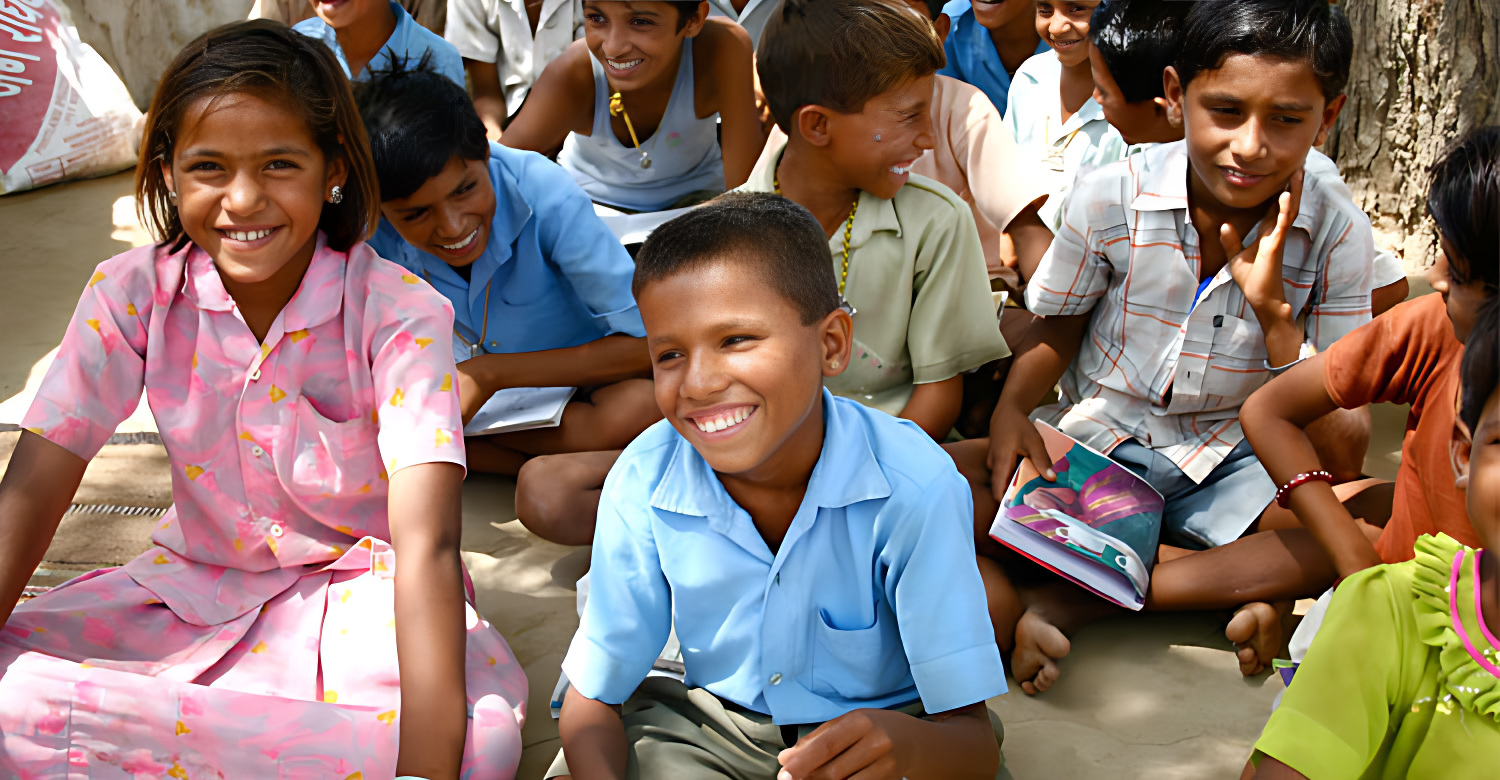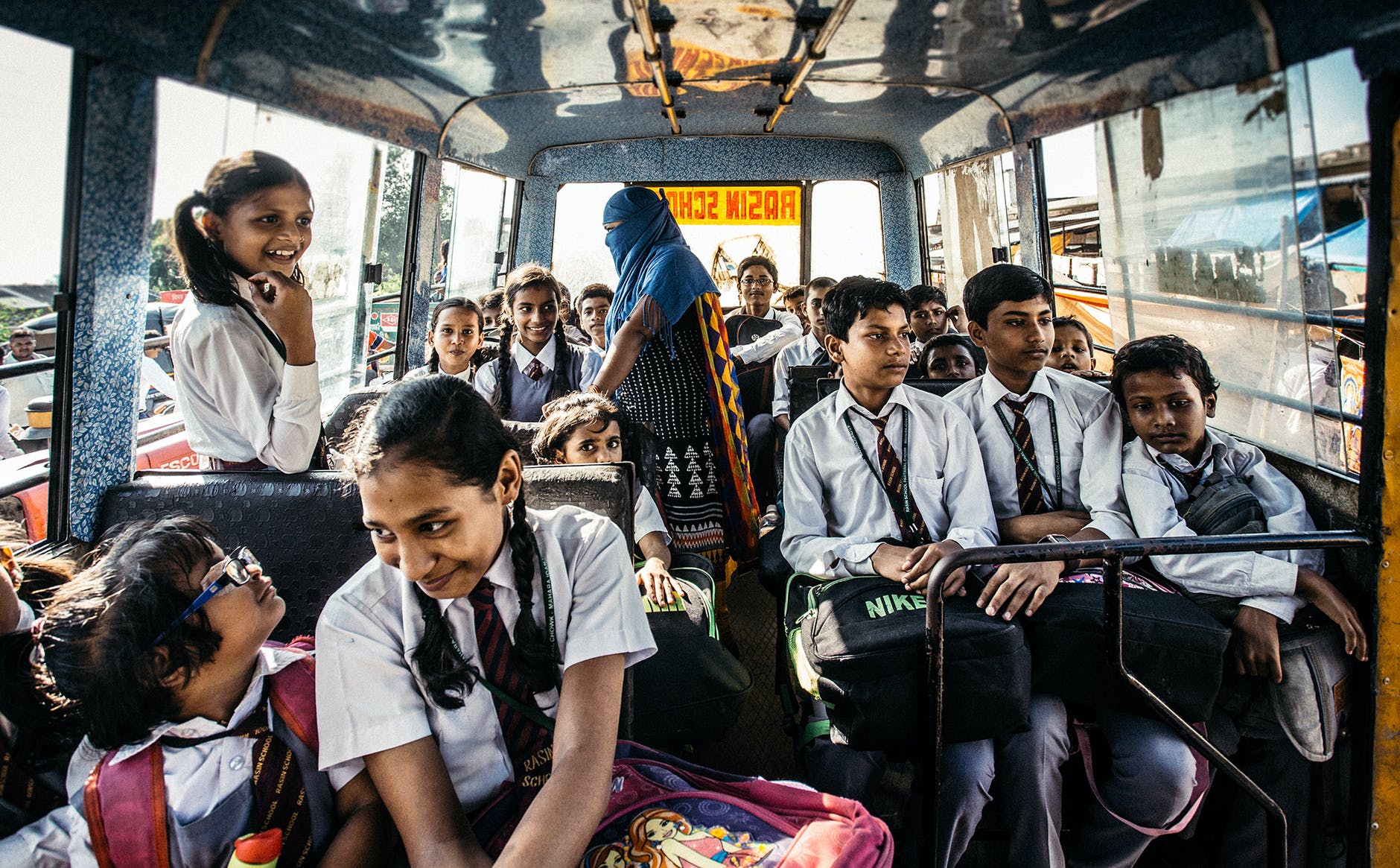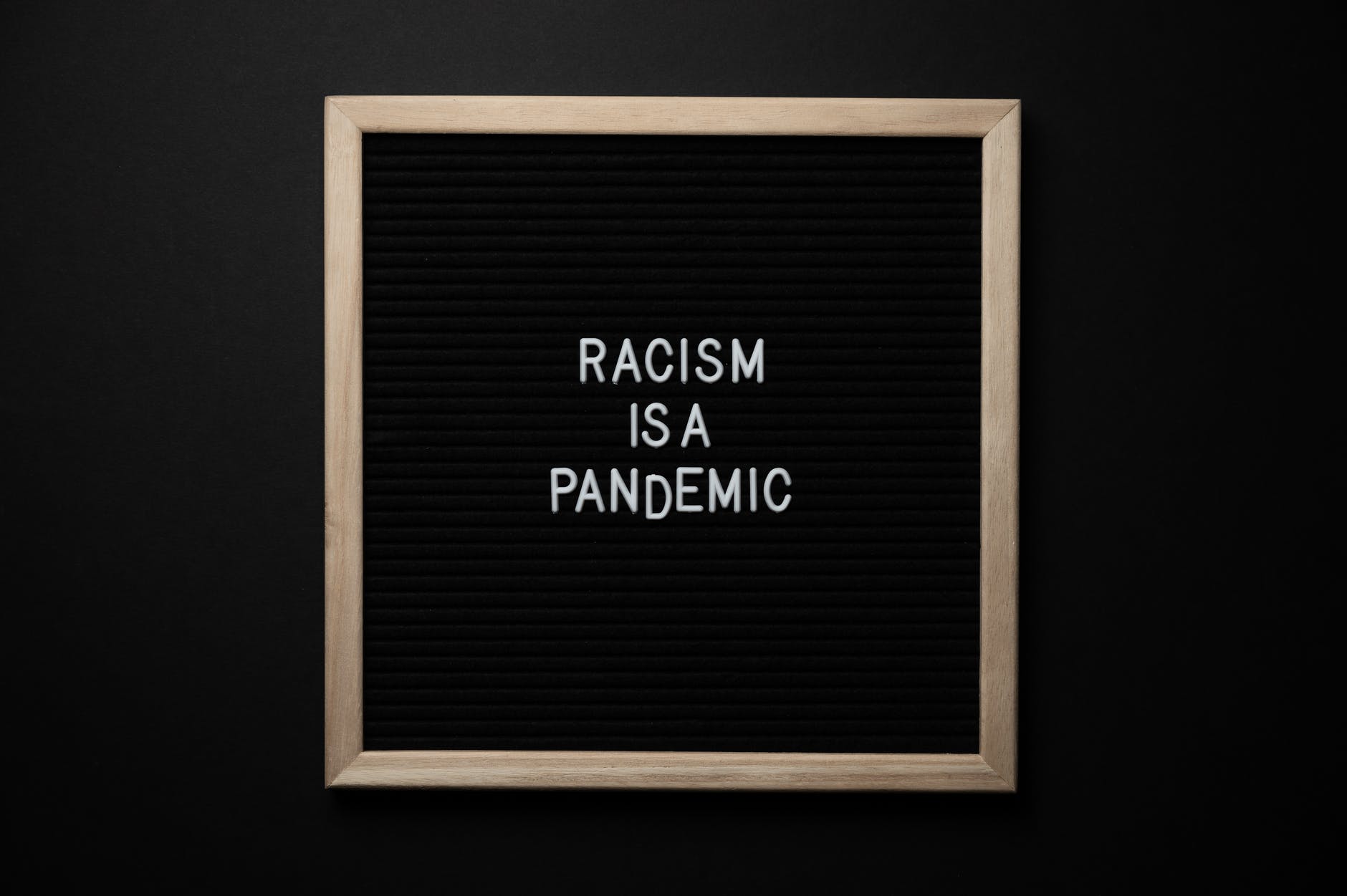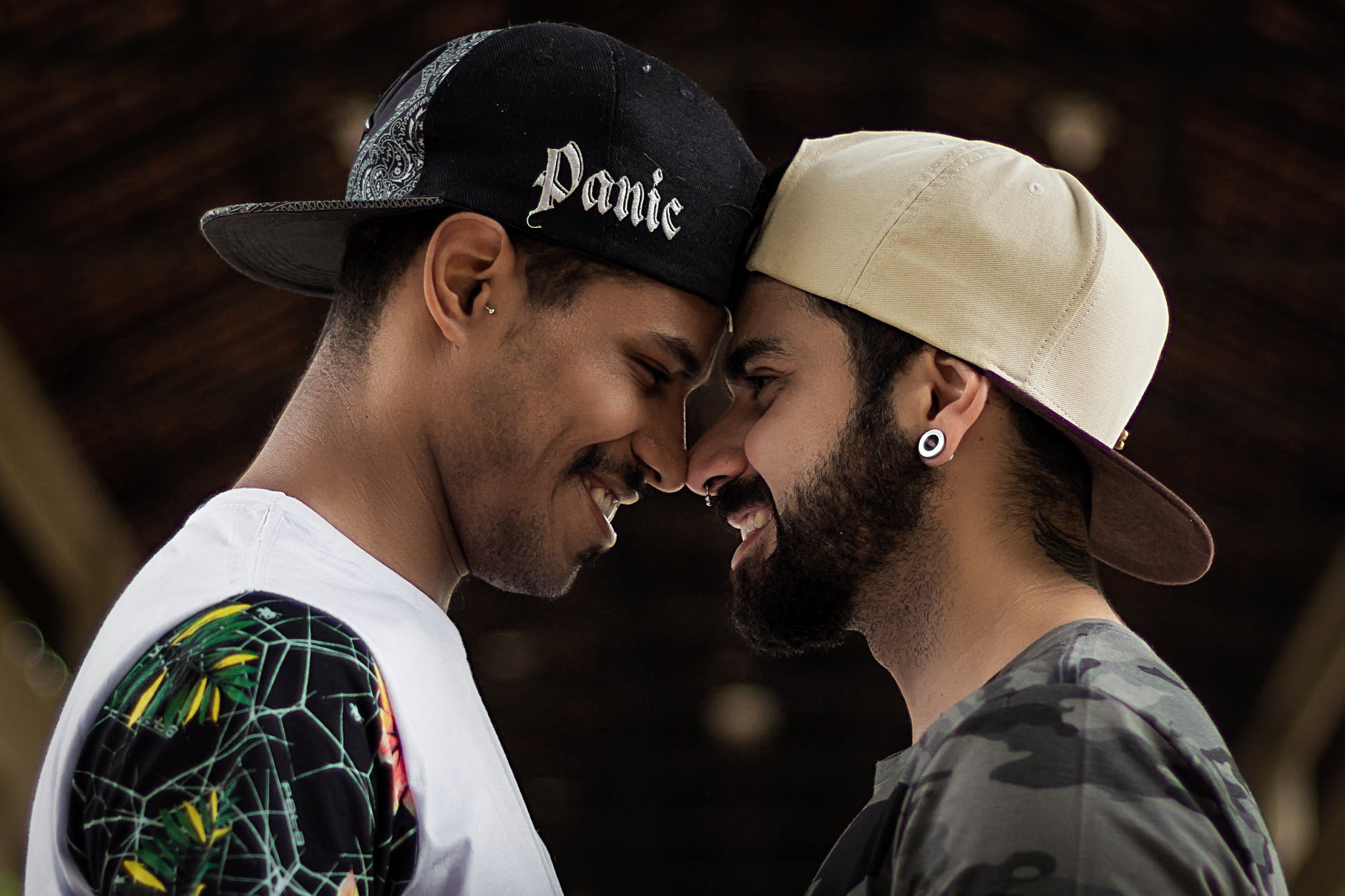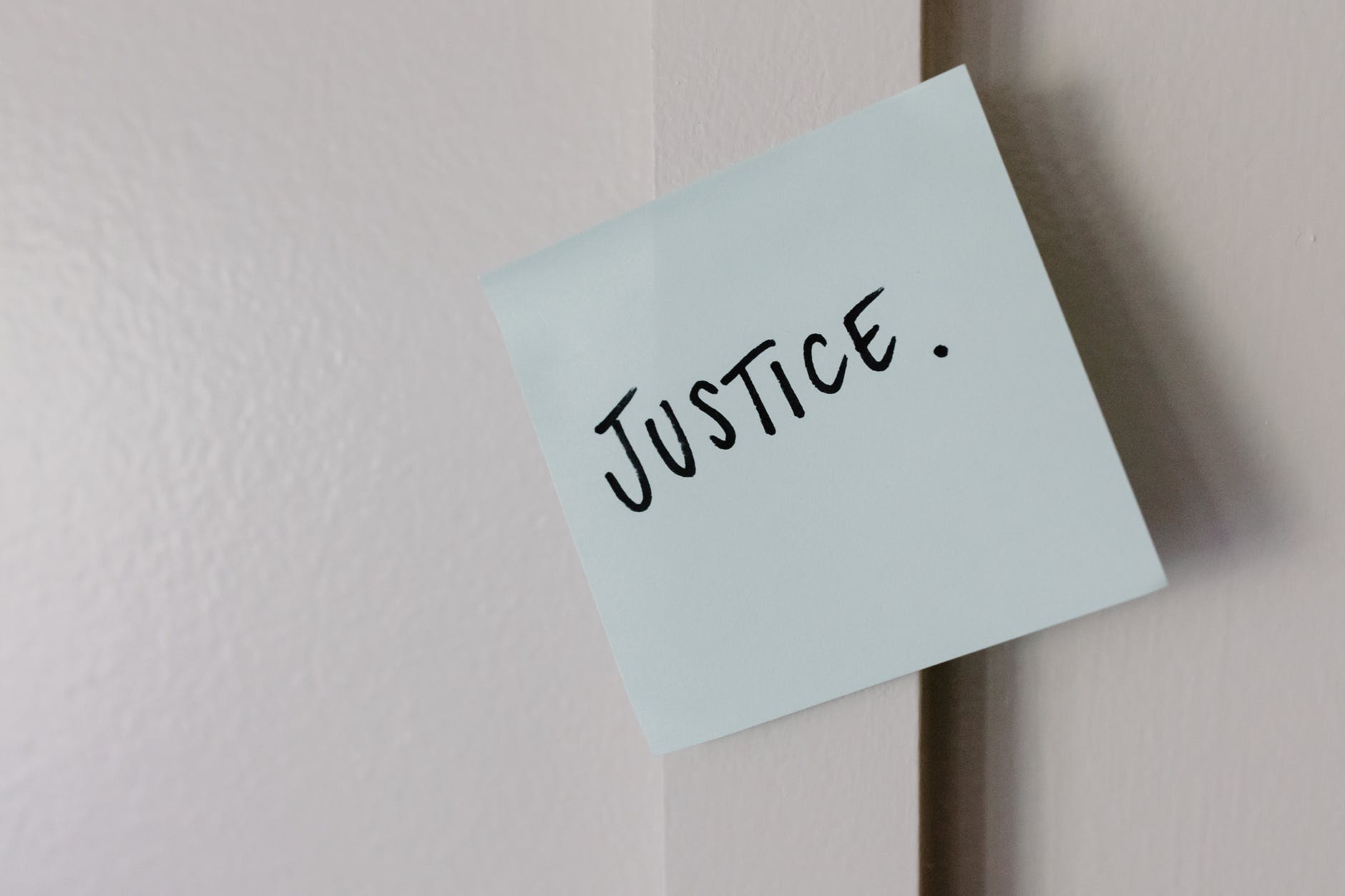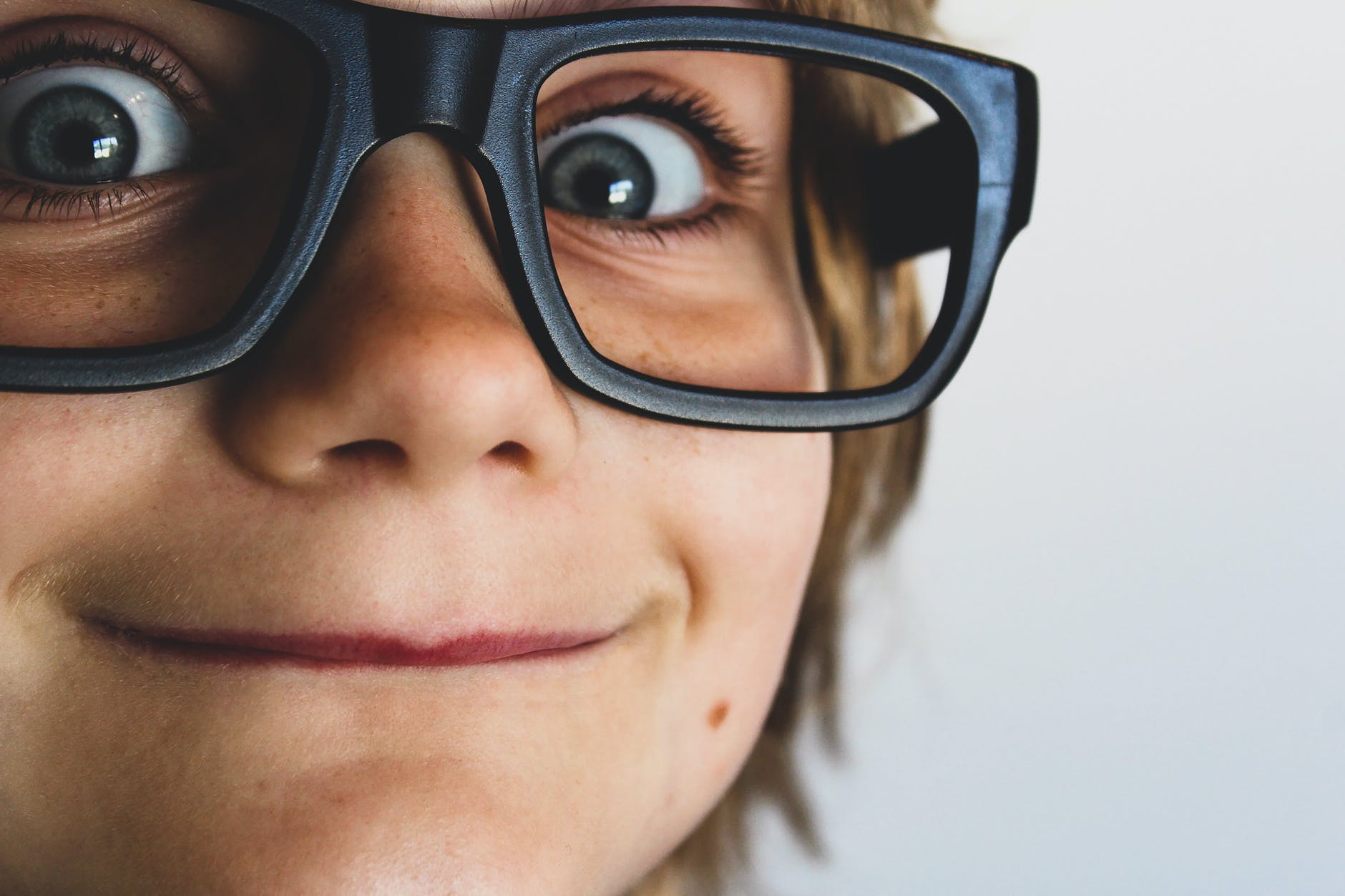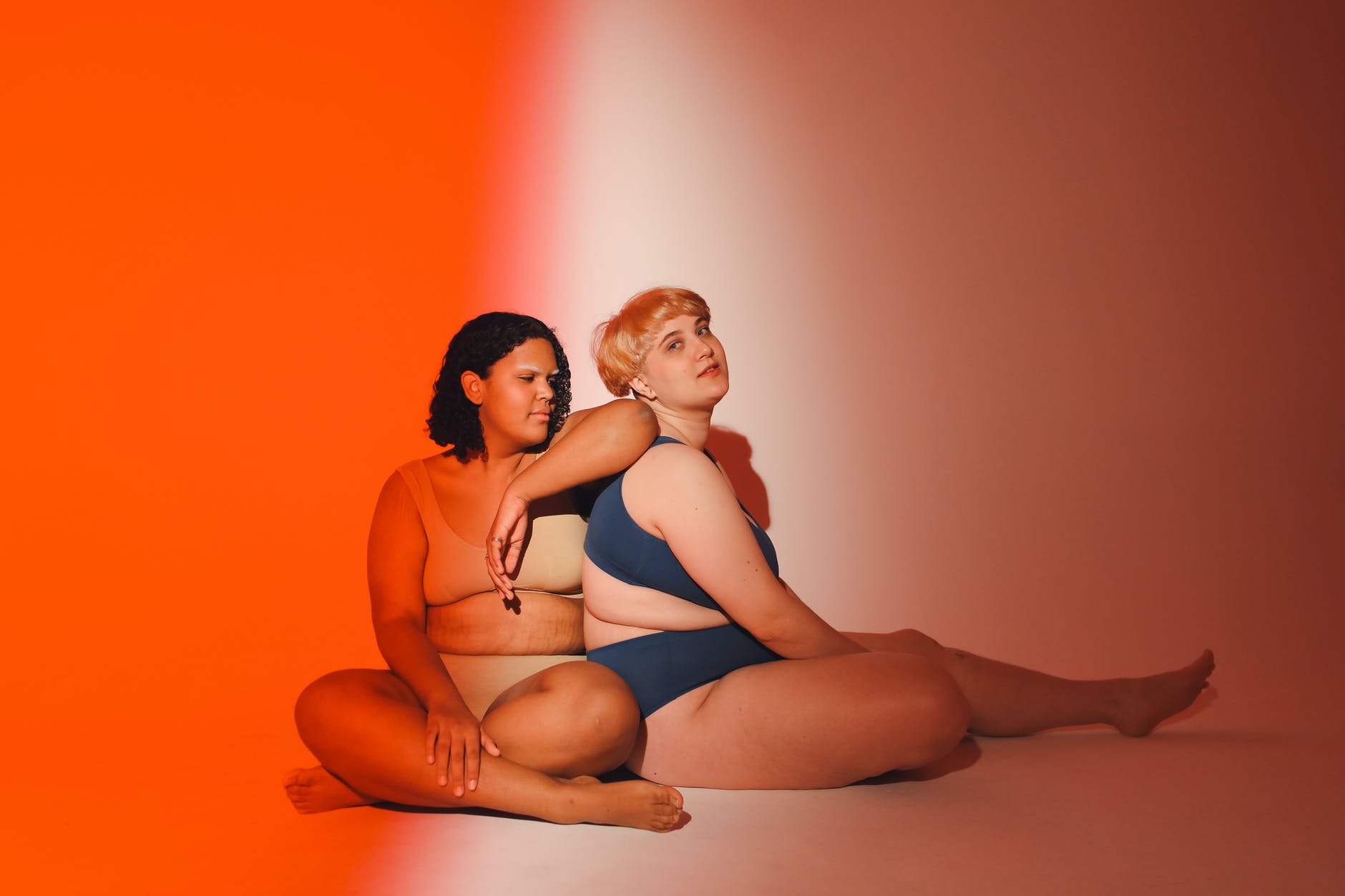NGOs in India are essential players in the country’s development, contributing immensely to social welfare, human rights, and sustainable development. They act as mediators, facilitators, and watchdogs, providing essential services, building capacity, and monitoring government and corporate performance. Let’s delve into the multifaceted roles and importance of NGOs in India.
Non-governmental organisations (NGOs) are non-profit organisations that operate independently of the government. They often engage in activities promoting social welfare, human rights, environmental conservation, and community development. In India, NGOs are registered under various laws, including the Societies Registration Act of 1860, the Indian Trusts Act of 1882, and the Companies Act of 2013.
Continue reading “Introduction to NGOs in India: Exploring the role and importance”

